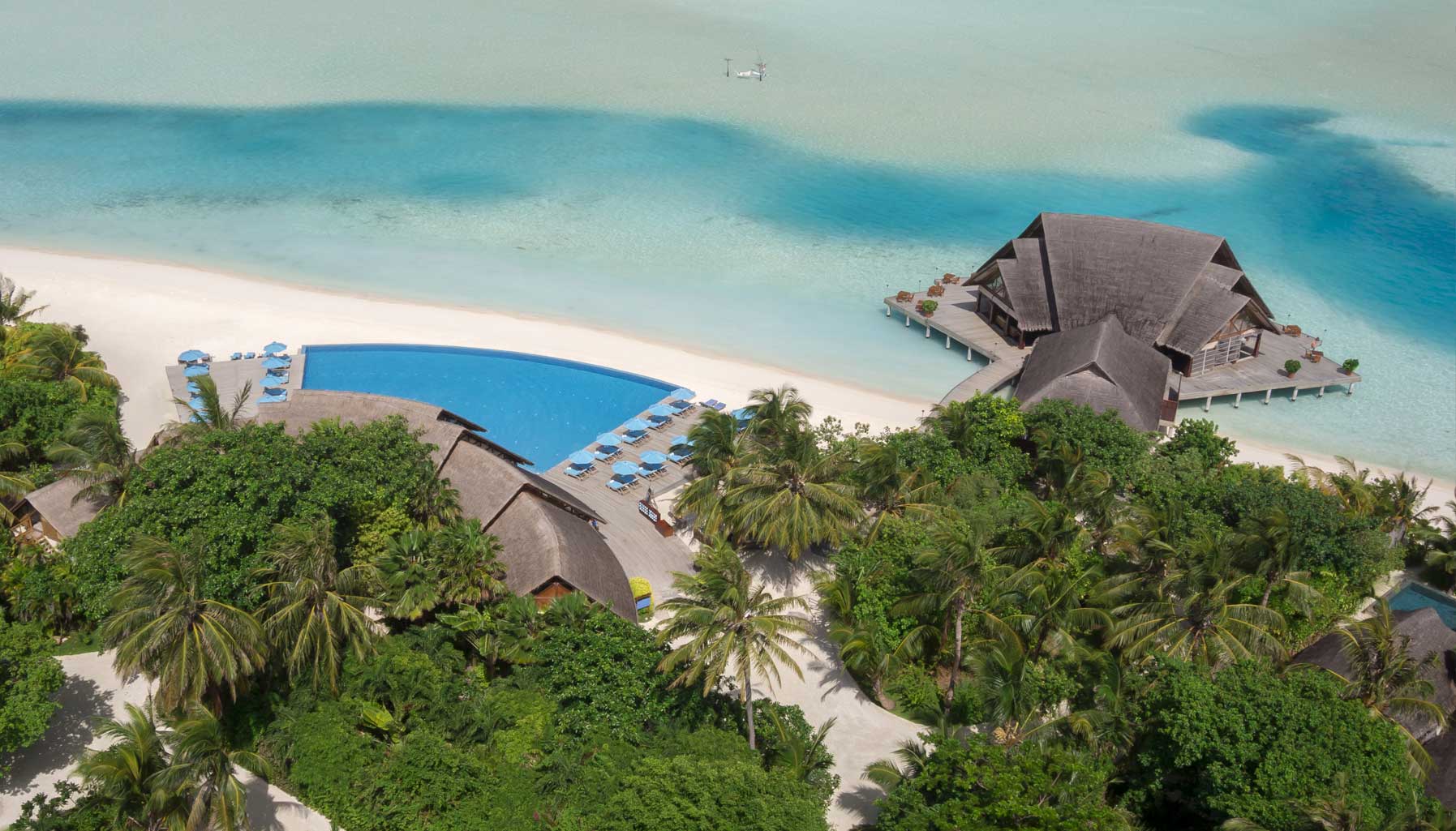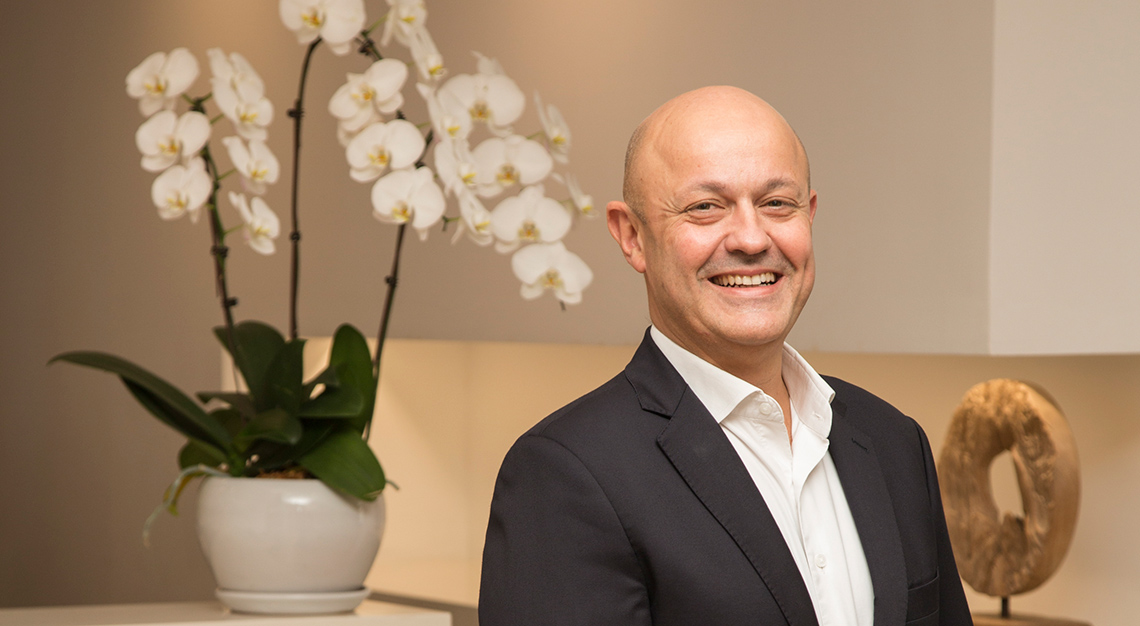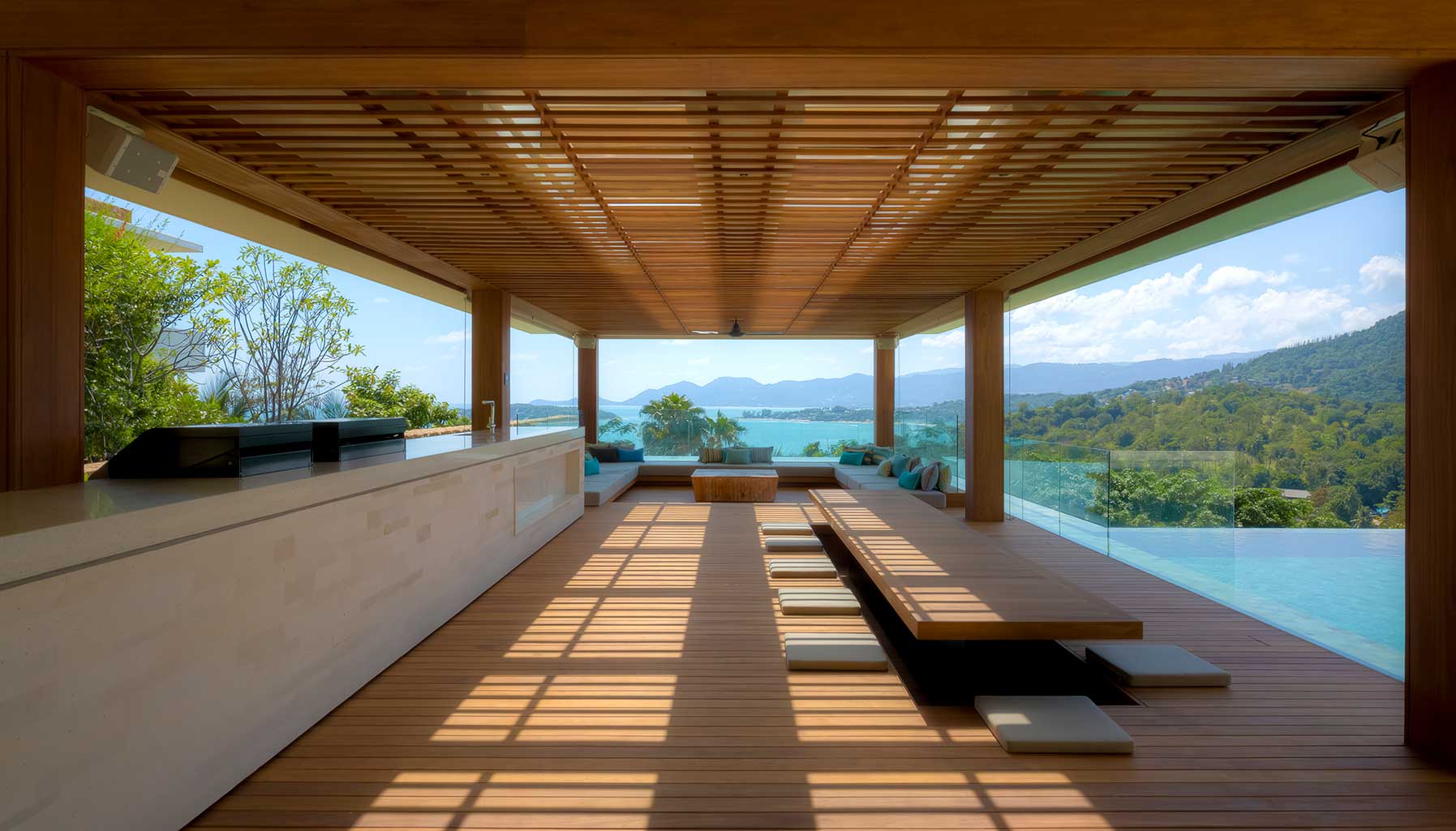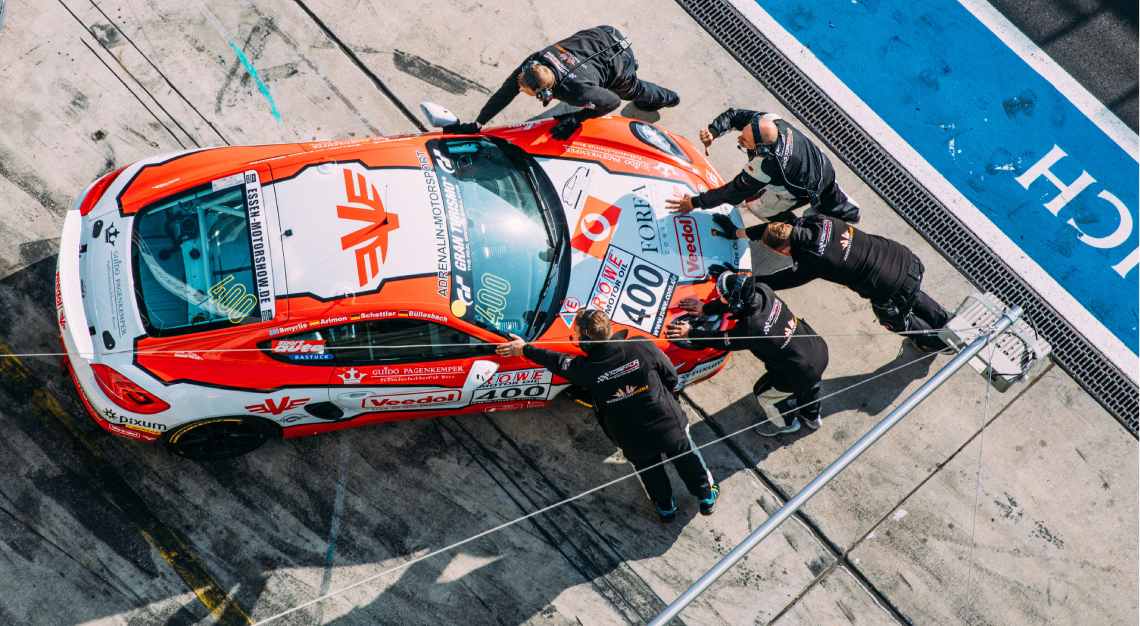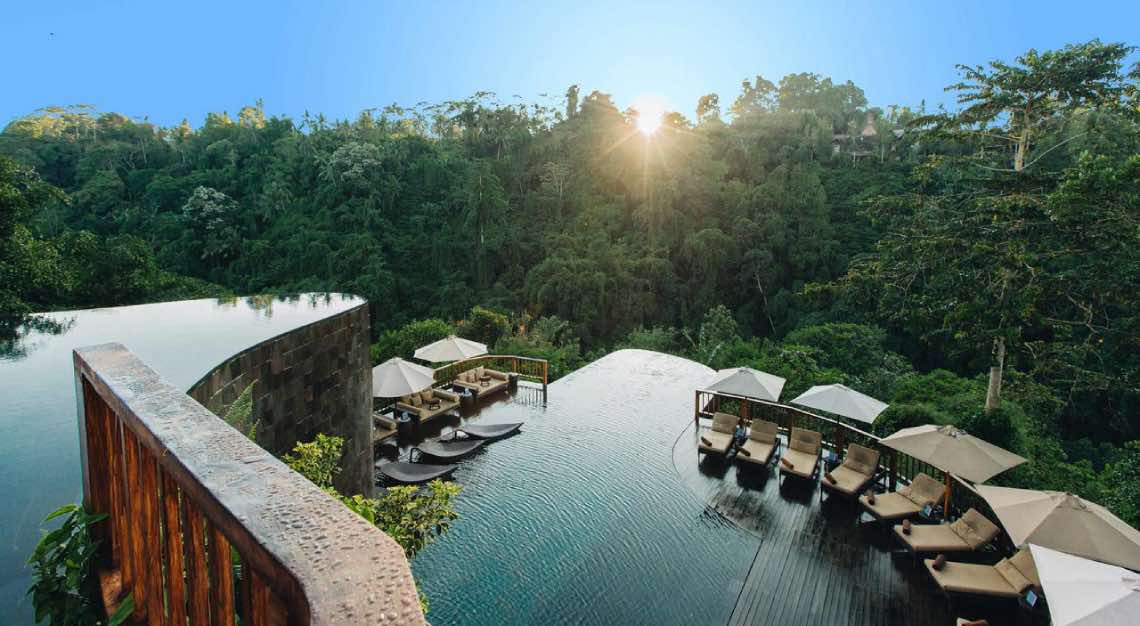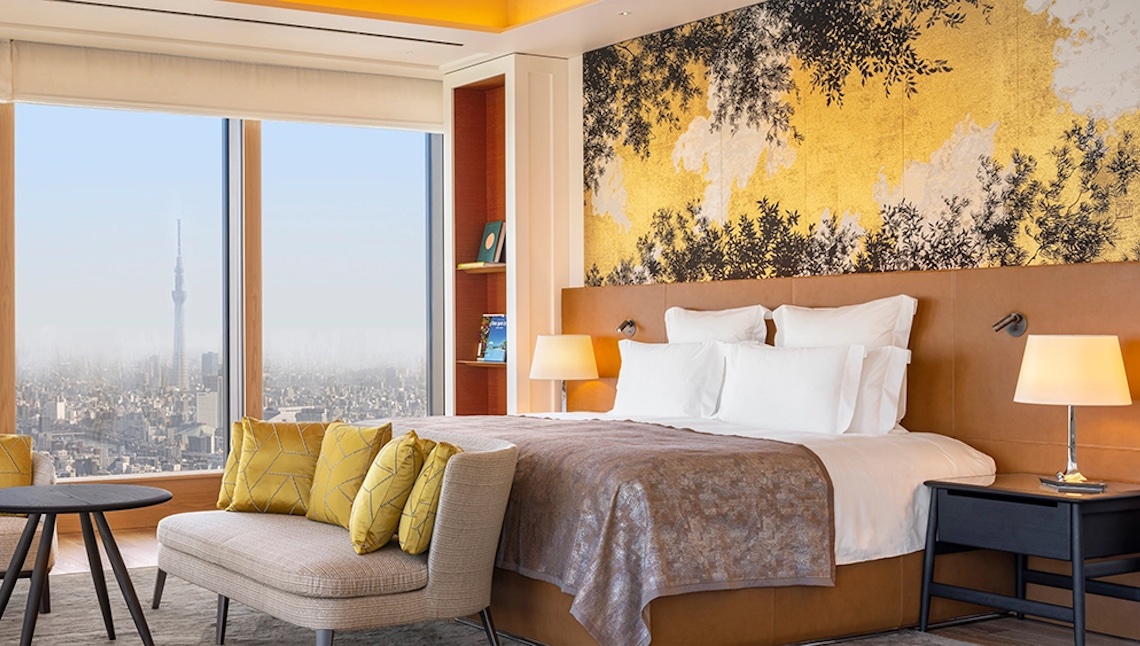Taking your breath away
We tend to forget that 71 per cent of the Earth is covered by water. I pondered this fact during a trip to the Maldives, where I had come to learn freediving at Anantara Dhigu, home to the country’s only PADI-certified freediving facility. The Maldives, after all, is a nation of more than 1,000 islands with traditions of fishing and sea trade, plus some of the most seductive seascapes on the planet. By freediving I could truly commune with this aquatic environment without clunky tanks, breathing apparatus and pressure gauges.
The freediving operation at Anantara opened in May. My instructor was Mari Kagaya, who had taught scuba diving before adding freediving to her repertoire. I expected the lesson to start in the pool or Indian Ocean, but Kagaya began with some history and basic theory. For the next hour we covered freediving-related topics like Boyle’s Law about pressure and gas, the workings of the inner ear, and the connection between breathing and the nervous system. I asked Kagaya why she liked freediving. “I feel more attached to the ocean when freediving. In scuba you discover the place to see, a view, so it’s like travel, like going to a mountain. With freediving, the feeling is more in your mind, inside.”
Next came my first test – holding my breath. I lay down on a yoga mat as Kagaya attached an oximeter to my left index finger, measuring my pulse rate and oxygen saturation. I practised the breathing exercises that she had taught me, took a huge gulp of air and closed my eyes. Within what seemed mere seconds I experienced a suffocating sensation in my chest coupled with a feeling that I was about to explode. When I finally opened my mouth gasping for air, Kagaya looked at the stopwatch and the oximeter, and smiled: my oxygen saturation was at 98 per cent, my heart rate had dropped to 53, and I had held my breath for one minute 56 seconds.
“You still have lots of oxygen in your blood. You had the urge to exhale the carbon dioxide, which freedivers have to learn to control. Your normal breathing pattern is in and out. When you hold your breath, your body questions what you are doing. You can learn to ignore it, train it like a muscle.”
Kagaya reiterated how freediving was a mental exercise, one where you need to relax, focus on your breathing and listen to your body. Before I got wet-suited up and in the pool, she led me through some stretches and breathing, which help the flexibility of the diaphragm. As part of the Basic Freediver certification, the first rung on the freediving ladder, I had to complete two pool exercises – static apnoea of 90 seconds (floating in the pool face down and holding my breath for at least 90 seconds), and dynamic apnoea for 25m (swimming underwater with fins for 25m on one breath).
Later we went to the ocean, where I had to swim six metres down a line, touch a marker at the bottom and ascend. Throughout my practice runs, Kagaya remained irrepressibly patient and always encouraging, making minor corrections to my form and helping me to completely focus on the task. Reaching the marker was surprisingly effortless and after a few goes, I’d hold the line and sway in the gentle drift, looking round as long as my mind and breath would let me.
There truly is purity to freediving. While scuba sees us trying to defy nature, to impose our will on an alien environment, freediving accepts that environment and pushes the diver to coexist in it as much as his or her limitations will allow. It is meditative, empathic and largely anonymous. Scheduling and the weather meant I wasn’t able to complete the Basic certification, but I learnt from the experience. The next day, when snorkelling, I dove down a few metres and just hung in the water, grouper and longfin bannerfish circling me.
At the time that I’d normally surface I relaxed, held back the urge to exhale, and just floated among the fish, for a few passing moments being one of them.
